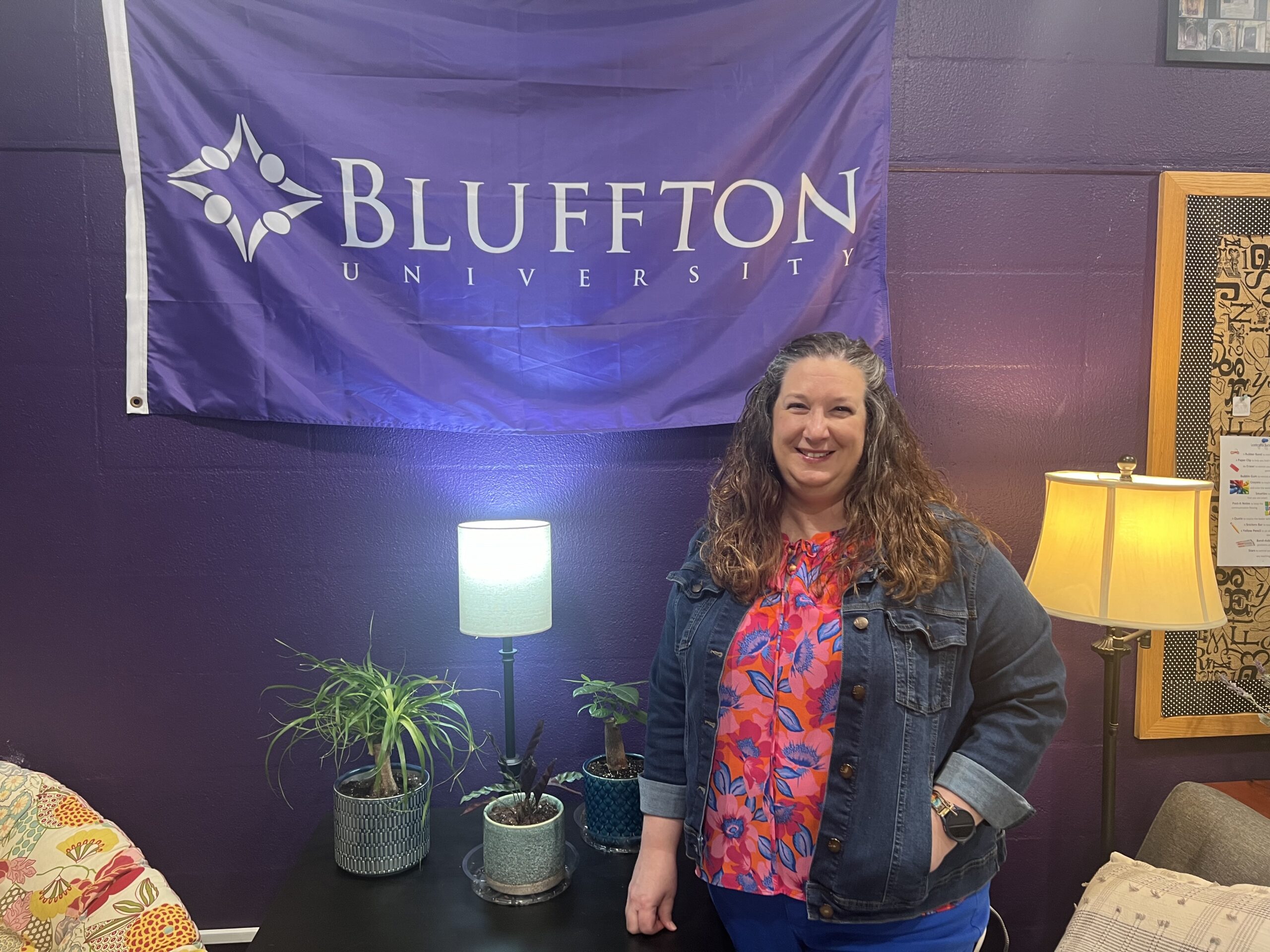Students at Bluffton may be familiar with the wildfires that have been raging in Australia. While the fires are in an entirely different country, they may still be a cause for concern. So what might be the causes of the fires, and how might they impact us?
“Australia has always been dry, except along the eastern and northern coasts where they have some rainforests,” said Professor of Chemistry Dan Berger. “But they’ve had a continent-wide drought since about 2017.”
Berger went on to explain that droughts cause dry conditions, which makes fire a greater risk.
“Once you have severe drought conditions, any spark can start a fire: lightning, a lit cigarette butt, a spark from a muffler dragging the road, a campfire that wasn’t put out properly,” said Berger. “There have even been documented cases of arson.”
Zachary Lykins, a junior communications major, also has been paying attention to the fires.
“I do know, just by reading articles, that the fire season or the bush season started in July,” said Lykins. “Unfortunately, this one had spread more and more and animals and people and homes were destroyed.”
Lykins said he first heard about the fires in early January from Twitter, and later saw it picked up by national news stations like Fox News and CNN. Berger could not remember exactly when he heard about the fires, but he also stated he heard about the fires on the news.
As for the cause, Berger said these particular wildfires have been linked to global climate change. Berger, who teaches a class on the subject, said this conclusion is based on that of the experts in the field. Berger elaborated this included articles published by The New York Times, InsideClimate News and a blog run by regularly-published climatologists.

Skyler Blakeney, a 20-year-old man from Sydney, Australia. Photo courtesy of Skyler Blakeney.
The Witmarsum was able to get in contact with Skyler Blakeney, a 20-year-old man from Sydney, Australia, via email. He was more blunt about what they felt was the cause of the fires in their country.
“Bush fires are a thing we have to live with in Australia, a necessary evil,” said Blakeney. “But there are ways to control and lessen the impact of the fires. Ultimately though, the inaction regarding climate change is the real killer.”
Blakeney said he lives an hour by car from the nearest fires, and while the area of Sydney he lives in is not considered dangerous, Sydney as a whole is. Even those who do not live directly near the fires often have to deal with dangerous smoke. He also said when the fires were at their worst in Sydney, the Prime Minister was on vacation in Hawaii.
“It’s a very stressful time for everyone,” said Blakeney. “Even those who aren’t in too much risk of being hit by the fires still have family and friends who are. Whether it’s people or wildlife, the fires are always taking lives. It’s something that is affecting everyone’s mood throughout Australia.”
As for local impact, Berger said it is unlikely Bluffton will be directly affected, due to the distance between Australia and the United States.
“Wildfires in any particular locality are specific to that locality,” said Berger. “Since Australia’s in the Southern Hemisphere, we won’t even see smoke from the fire reaching our shores, the way pollution from East Asia sometimes does.”
Knowing these details, what can we at Bluffton do? Berger simply said to pray, send the help we can and try our best to not make climate change worse. Lykins, who is taking Berger’s climate change class, echoed these sentiments, though said the situation can make him feel helpless and that he doesn’t feel he has all the answers.
“Like, I’m a college student, I don’t have the most money in the world, so it’s like, how can I help?” said Lykins. “I’m half a world away.”
Blakeney said the best way to help is to donate directly to rural fire services in Australia. If one can’t do that, Blakeney said, even simply spreading awareness is helpful.
“Many people don’t seem to realize the full extent of the Australian fires,” said Blakeney. “Sharing information on social media can be a good way to raise attention not just to what Australia is going through, but also how climate change is a real issue that needs attention from everyone worldwide.”
“It’s sad,” said Lykins. “Just seeing pictures of animals who were burnt. It sucks that people got caught up in the fires, and their homes were lost.”






